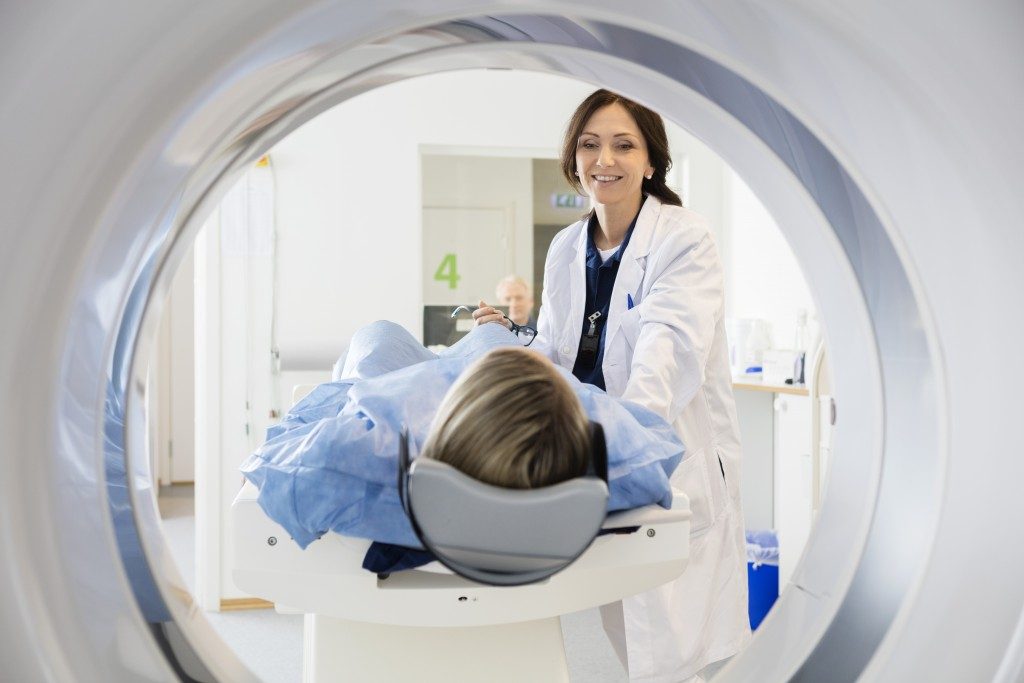Autoimmune diseases are conditions where your immune system attacks your body by mistake. The immune system protects your body from germs such as viruses and bacteria. However, if you have an autoimmune disease, your immune system will mistakenly attack parts of your body like an organ, skin, joints, or even all of it and the antibodies attack healthy cells.
To help you learn more about autoimmune diseases, here is a quick rundown of common ones.
Celiac Disease
This is a genetic disease that many people have. While some people may have mild gluten intolerance and may not realize it (some symptoms of mild allergy include bloating and feeling tired), but people with celiac disease may feel stronger symptoms such as vomiting and diarrhea. The symptoms will persist for several days until it eases up, compared to those with intolerances who may only have mild reactions for one day. The only way you can manage celiac disease is by consuming a gluten-free diet.
Hashimoto’s Disease
If you have this, your immune cells will attack your healthy thyroid tissue, which will make your thyroid inflamed. It can hinder your thyroid’s capability to create thyroid hormone, which can cause hypothyroidism.
Women are much more likely to get Hashimoto’s disease than men. Some common symptoms of this autoimmune disease are brittle hair or hair loss, constipation, weight gain, inability to get warm, and fatigue, among others. You must find a clinic that specializes in thyroid problems in your area to diagnose and treat Hashimoto’s disease properly.

Grave’s Disease
While Hashimoto’s disease inhibits the production of the thyroid hormone, Grave’s disease creates too much, which is known as hyperthyroidism. Your immune system makes antibodies that make your thyroid grow, which creates more thyroid hormone than needed. Some symptoms are weight loss even with normal eating habits, heat sensitivity, anxiety, irritability, and change in menstrual cycles. While some drugs and radioactive thyroid treatments can help treat Grave’s disease, some people need to get surgery to remove their thyroid.
Type 1 Diabetes
If you have type 1 diabetes, your pancreas creases little to no insulin. People’s bodies use insulin to let glucose/sugar enter cells to create energy. Since the body would lack insulin, glucose will not enter the cells and remain in the blood, which creates very high blood sugar levels and other health problems. Some symptoms of people with type 1 diabetes are increased thirst, extreme hunger, mood swings and irritability, frequent urination, and blurred vision, among others.
There are many ways you may have to treat type 1 diabetes, such as taking insulin, eating healthy, maintaining a healthy weight, counting protein, fat, and carbohydrates.
Rheumatoid Arthritis
This is arthritis that creates a loss of function, stiffness, swelling, and pain in your joints. It occurs when the immune system attacks your synovium, which is the membrane’s lining that surrounds your joints. The inflammation can thicken the synovium, which may destroy the bone and cartilage of your joints. Some symptoms are fatigue, loss of appetite, swollen, warm and tender joints. It is best to consult your doctor about the best form of treatment for rheumatoid arthritis.
While most autoimmune diseases can make your life difficult, most of them are treatable and let you live a normal life. Be sure to always talk to a doctor to give you a proper diagnosis before you assume that you have an autoimmune disorder.

